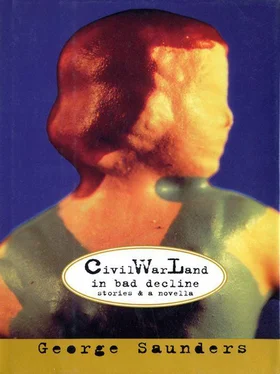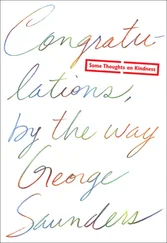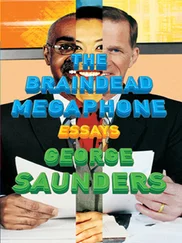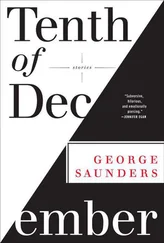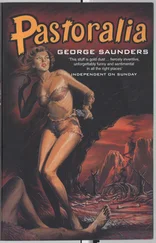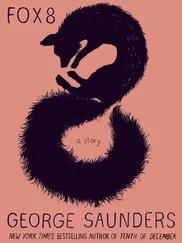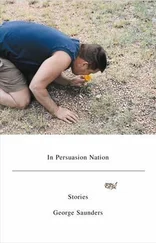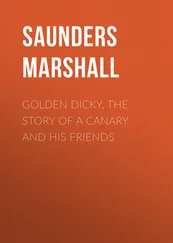“Never mind about her,” Albert says. “She’ll live. We’ve got something more important to discuss with you.”
“Respect,” Oberlin says. “That’s the quantity I hope to imbibe to you during the confab that is to follow this present preface I’m extolling. Because my feeling is strongly that a man has a right to know the whereabouts of, say, immediate family members, should their lifeplans take a strong hiatus. So congratulations! Don’t therefore think of it as losing an erstwhile sister, but rather as having her gain her dream of off-site cohabitation with someone richer than any of us, is my read on this.”
“What’s he talking about?” I ask Albert.
“Connie,” Albert says. “Corbett’s bought her out of Bounty Land.”
“Bought her out?” I say. “What does that mean?”
“Albert’s putting this thing in a non-romantic light,” Oberlin says. “Surely there’s love there.”
“Oh, there’s love there,” Albert says. “Considerable love.”
“And think if you will of the ranch to which he’ll take her!” Oberlin says. “A finer ranch none of us will ever see, much less have as a love nest of sorts.”
“When are they leaving?” I say. “Where are they going?”
“Six hours ago,” Oberlin says. “His spacious estate, you lovable boob! Taos, New Mexico! Affluent as all get-out. He’s got more livestock than you can shake a stick at, and from there runs his antiseptic-swab empire! Your lucky sibling! You don’t think she’ll be waited on hand and foot, and eat like a true nouveau riche or captain of industry? She’ll literally I feel be enmeshed in bonbons, not to mention a staff that loves her like one of their own and praises her personal attributes to the sky or what have you!”
“Are they getting married?” I say.
“Ho ho,” Oberlin says. “What sweet naïveté of existing law you manifest, chum! But they’re living together, and he’s paying all her expenses, including the release fee due our facility, which will allow us to make considerable renovations to the Castle Six edifice, which is crumbling, so don’t give me whining. This is a boon, for us and for you and for her.”
“As next of kin, you’ll need to sign this release,” Albert says. “A mere formality.”
“In her best interests,” Oberlin says.
“No biggie,” Albert says.
“If I don’t sign,” I say, “does he have to bring her back?”
“Haw,” Oberlin says. “No. I fake your John Hancock, then boot your sorry heinie over the wall whence you came in over, leaving you to free-associate with the hateful rabble for an untold future time period.”
“Just sign,” Albert says. “It’s a foregone conclusion. It’s what she wanted. Here. Read this.”
The letter’s in Connie’s hand. I can tell because all the i’s are dotted with smiley faces.
“Cole honey” the letter says, “can you believe all my hard work finally paid off? He says he loves me! A rich Normal and he loves ME! He says the other men in my past don’t matter, and that he wants to possess me totally forever. I’ll miss you, but I know in my heart we’ll meet again, hopefully at my place. A ranch! He said I could even have an economy car! Not to be haughty, but listen: Knuckle down and get something for yourself like I did. Don’t be a dopey space cadet like Dad!”
She’s signed it: “Love forever.”
What can I do? Nothing’s bringing her back. Maybe he really does love her. Maybe he’s freethinker enough to see past her Flaw. Stranger things have happened. She’s pretty and good-hearted and devoted and smart. Who wouldn’t love her?
Oberlin rolls his eyes. Albert purses his lips.
I sign.
Goodbye Connie.
I never considered Dad a dopey space cadet. He was a simple man whose only marketable skill was selling home water-filtration units via sincerity. Finally, when the Third Panic was in full swing and every water source in the county became suspect, he started giving the units away. Mom said she considered herself as compassionate as the next person, but given our household expenses and the scarcity of the filters, a price increase seemed more in order than a giveaway. Dad said she should try to understand that other people, even ignorant people, even poor people, loved their children every bit as much as she loved hers.
“Tell me something I don’t know,” she said. “The point is, I don’t love their kids as much as I love mine. And mine are fed with the money you make from those goddamned filters.”
Dad sat on the couch, looking wistful and kooky.
“It doesn’t matter now,” he said, staring out at the swing set, where Sparky as usual sat in the glider, his days numbered. “The old criteria such as cash will have no meaning within a few weeks. Good works are the ticket.”
“We need a gun,” Mom said. “For if someone tries to take the house.”
“The people who come to take the house,” Dad said, “will have more guns than you can imagine.”
And he was right. They had guns and riding crops and mortars. They had a sense of high moral purpose. They had the sanction of the provisional government and a portable sound system that blared “Homogeneity, Sweet Homogeneity” as they blockaded the home of any family with a Flawed member, meaning every family but the Quinces, who they blockaded for fraternizing with Flaweds, based on photographs they had of Mr. Quince teaching me to throw a knuckler. Soon the food ran out and DeAngelo ate our dog. Soon the militia wandered in without firing a shot and drove us into the night.
Mom led us on foot to Sid Pornoy’s Jovial Bowling, where for months she’d been stashing food and water in a locker. Dad followed meekly, making inane guesses at the windchill.
“We’re taking the Greyhound to Indiana,” Mom said. “It’s prosperous there. Flaweds are safe. Aunt Melanie wrote me.”
“Why wasn’t I consulted,” Dad mumbled.
Obviously nobody was bowling. A man with a billy club was pushing a man in a silk jacket away from the snack bar.
“No kielbasa, Joel,” the billy-club man said. “Not a link. No milk. Not a bun.”
“You’ve known me my whole life,” Joel said. “I’m your friend.”
“Not a Pepsi,” said the billy-club man. “Not a spoonful of relish. Not a sugar packet. The time has come for me to look out for me and mine.”
“I am you and yours,” Joel said. “We were school-friends. Remember the caroling parties? Remember when Oscar called Sister Nan a tub? Remember?”
“No,” the billy-club man said. “I mean really me and mine. I mean Bonnie and little Kyle and me. Period. Not you. Don’t touch my counter, Joel. Hit the road.”
Mom loaded up the supplies and strapped the pack to Dad’s back.
“Out of here,” she whispered. “Out of here quickly.”
In spite of the strife the stars were bright as crystal. A tailor squatted in his shopwindow with a machete and a Newsweek, waiting for looters. As we crossed the parking lot a van pulled up and the driver called Dad over.
“Keep walking,” Mom said. “Ignore him.”
“He’s a fellow human being,” Dad said. “Perhaps he needs our help.”
The driver was a laid-off boilermaker. He talked to Dad nostalgically about what a friendly city Syracuse had been in the old days. Then he pulled a.22 and forced us into the van. He made us empty our pack. He seemed excited by our cinnamon rolls. He called Mom ma’am and let her keep her personal-hygiene effects. He took our money and he took our food.
“I’m sorry for this,” he said. “I’m not a bad man. But my Leon. His little ribs are sticking way the hell out. You ever seen a starving kid?”
“Not yet,” Mom said dryly.
The boilermaker’s eyes teared up and the gun he was holding to Dad’s head shook.
Читать дальше
